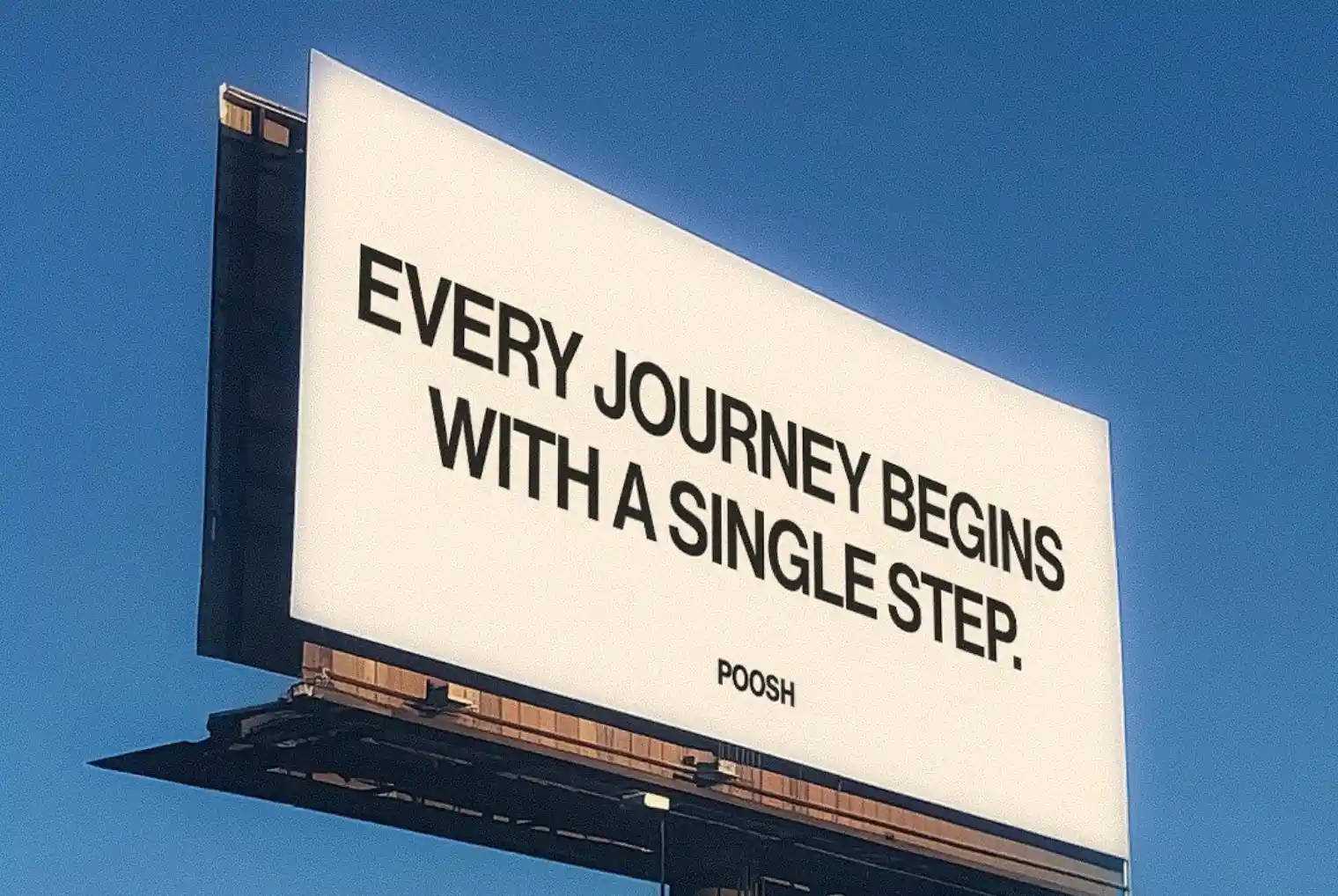Google 2024 Update Penalizes AI Content - This Is How To Optimize For Top Ranks.
Updated on
Published on

Google’s latest algorithm update, rolled out in March 2024, seems to hold a grudge against AI-generated content. Because of this update, websites that use AI generated content have been penalized. There's no doubt that material made by AI doesn't meet the quality standards set out in Google's guidelines. But there is hope if we rethink AI's role in content creation so that it fits with Google’s expectations.
The root of the problem lies in AI's inability to meet Google's quality thresholds. Various ranking systems within Google, such as those focusing on reviews and helpful content, inherently demand qualities that AI-generated content struggles to deliver. Even with the addition of an "E" for experience in E-A-T (Expertise, Authoritativeness, Trustworthiness), AI remains at odds with Google's quality standards.

Content makers must strictly follow Google's rules in order to keep their sites visible and high in search results. To avoid penalties and a drop in your Google ranking, you need to know Google's spam rules and policies. Google doesn't like things like term stuffing, auto-generated content that hasn't been reviewed by a person, and content scraping, which can hurt websites. Content creators can protect their online presence and keep their reputation with both audiences and search engines by staying away from these techniques and focusing on making original, high-quality content that users will find useful.
There are a number of crucial signals that are included in search engine result pages (SERPs) and quality assessments that categorically reject AI content. Google's documentation emphasizes the value of human input and knowledge in a number of ways, including stressing human writers in Google News and highlighting author background and expertise.
Google's self-evaluation questions give us more information about what makes material good. Things like originality, knowledge, and hands-on experience are very important, as AI has a hard time replicating them. AI can't show real expertise or give first-hand information, which are important parts of good material.

You can still use AI to make content, though, as long as you do it right. Instead of depending only on AI, a hybrid approach that combines human knowledge with AI can produce high-quality content that puts people first. AI can help create content while making sure it meets Google's quality standards by using data created by humans as input.
AI can help you come up with names and content ideas by looking at huge amounts of data, finding trends, and figuring out what your audience wants. AI-powered tools can come up with multiple title ideas based on keyword research, topic connection, and the chance of getting people to read more. Then, these titles can be shown to editors, who will check them for clarity, usefulness, and consistency with the general content strategy. Experts who are real people use their knowledge and gut feelings to pick the most interesting and important titles and make sure they appeal to the target audience. People can also improve the chosen title by making it more creative, using the brand style, and making it better for SEO. AI and human input work together in this way to make names that are interesting and effective, which gets people's attention and leads to content success.
In addition, AI can be used to improve rough material. People can give AI unfinished material in the form of recorded dictations and ask it to turn it into polished papers. This streamlined workflow makes it possible to make professional-quality material with almost no work done by hand.
In the end, AI should be seen as something that adds to human input, not something that takes its place. AI can make things more efficient, but the human touch—shown by knowledge, sources, and background—is what gives material credibility and authenticity. It's time to think again about how AI should be used in content creation processes. In the past, people may have been skeptical, but the problems caused by AI-generated content penalties show that we need new ways of doing things that put human knowledge and authenticity first.
In recent discussions;
On Reddit, Google's John Mueller suggested that obsessing over backlinks might not be the best use of time, indicating that such efforts might not necessarily improve a website. This advice reflects a broader trend from Google over the past six months, where the importance of links seems to be diminishing.
One of the challenges with backlink analysis tools is that they don't select which sites to crawl or which backlinks to include in their reports. These tools crawl the web and create a map of link relationships between sites, but they prioritize their crawls due to the vastness of the web. This can result in different backlink counts for the same site across different tools.
Mueller noted that there's no objective way to count links on the web. Each tool collects its own data through crawling, and they all do it differently. This leads to variations in reported backlink counts. Mueller emphasized that focusing too much on the absolute number of links might not be productive. It was advised against fixating on link counts, suggesting that search engines can discover websites in various ways, such as through sitemaps. He cautioned that overemphasizing links could lead to wasted time on activities that don't actually improve the website's overall quality.
Google's recent actions and statements indicate a shift in how they view the importance of links. Changes to Google's documentation, such as removing the word "important" from a sentence about links as a ranking factor, suggest a downplaying of links' significance. This aligns with comments from Google representatives, like Gary Illyes, who stated that links are not even among the top three ranking factors.
While backlinks have traditionally been a significant ranking factor, Google's recent messaging suggests that their importance might be diminishing. Website owners and SEO practitioners should consider focusing on a broader range of factors to improve their sites, rather than solely fixating on acquiring backlinks.







